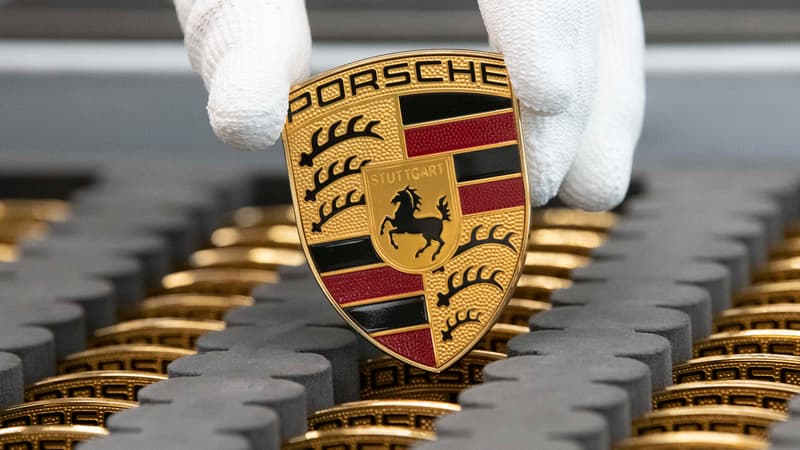It’s the hit of the week. Germany, which we thought was conquered by the cause of the electric transition in the automobile, finally decided do not vote for the text that prohibits the sale of new thermal cars in 2035.
Change fuel, instead of changing cars
Among the tracks mentioned as an alternative to 100% electric, that of synthetic fuels often appears in the debate. The idea is quite simple: create something to replace gasoline and diesel, with the advantage on paper of only having to change fuel without having to change cars.
A synthetic fuel, sometimes called “e-fuel” or “e-fuel”, is presented as a fuel obtained without petroleum, through a chemical process from feedstocks that contain carbon and hydrogen. To produce it cleanly we can, for example, use green hydrogen. Hydrogen is then produced through electrolysis, to separate the hydrogen and oxygen in the water molecules, it is done with renewable electricity (solar, wind, hydraulic, etc.) or low carbon with nuclear energy. For CO2, we can, for example, reuse emissions from certain industrial sites by recovering carbon dioxide.
Porsche, already in the e-fuel race
But where is the research on these “clean” fuels? German brands are quite advanced on the issue, in particular with Porsche, which has taken a 12.5% stake in the specialist Highly Innovative Fuels (HIF) Global LLC and has a pilot plant in Chile dedicated to the production of this fuel. green. A site that was to produce 130,000 liters of e-fuel from 2022, with the aim of reaching 55 million liters in 2024, 10 times more in 2026. A volume of 550 million liters that would allow the fleet to be supplied with circulation of Porsche in the world. Enough to offer an alternative to its customers, while the German brand aims for 80% of sales made up of electric vehicles in 2030.
“Synthetic fuels are very important in enabling us to reduce our CO2 emissions. Emissions are much better than current fuels, with less particulate matter and less NOx produced: synthetic fuels have eight to ten components, whereas gasoline today has about 30 to 40 and not all”. are welcome”, summed up recently the vice president of Porsche, Frank Walliser, in the columns of the site automotive journal.
Alongside Porsche, there are several companies in the energy sector such as Siemens Energy, Enel and ExxonMobil.
Aramco ready to ship Renault?
Proof that our neighbor believes in this perspective of synthetic fuels, there are also many German industrialists within the eFuel Alliance, with Bosch, ZF and Adac (the reference automobile association on the other side of the Rhine), together with the Japanese manufacturer Mazda and the Spanish oil company Repsol. . The latter is also working on the issue with Aramcothe Saudi oil giant and plans to produce from 2024 near Bilbao.
An interesting prospect for Renault, so that Aramco should invest in Horsethe subsidiary of the French group that should specialize in thermal and hybrid.
Ferrari also thinks so
ferrari, not really the most advanced brand in its electrification, is also considering e-fuels as an alternative. The Prancing Horse brand is working with the Shell oil tanker on the issue
“We are working with our partners on synthetic fuels and biofuels, but for now that is all we can say as we are at an advanced stage with this project,” Michael Leiters, Shell CTO, said on the occasion of the launch of the 812. Competizione in 2021, recalls the Automotive Daily, also citing Aston Martin, Bentley and BMW among the brands that see it as a solution for the future.
Formula 1 as a showcase from 2026
Still in the project phase and without real certainties, this technological solution is especially criticized by an NGO like Transport & Environment. A study published at the end of 2021 drew up a rather bleak balance sheet of the carbon footprint of these “miraculous” fuels, with emissions of nitrogen oxides, the famous Nox, which are not eliminated, and above all an increase in ammonia and carbon monoxide emissions, compared to traditional fuels.
Pending to go truly green, synthetic fuels will benefit from a major showcase from 2026 as the official fuel of Formula 1. As part of its goal of carbon neutrality from 2030, motorsport’s premier competition must change to a 100% renewable fuel from 2026.
This also encourages increased production, while at the moment the limited volumes make it a much more expensive solution than traditional fuels and electricity.
Source: BFM TV


